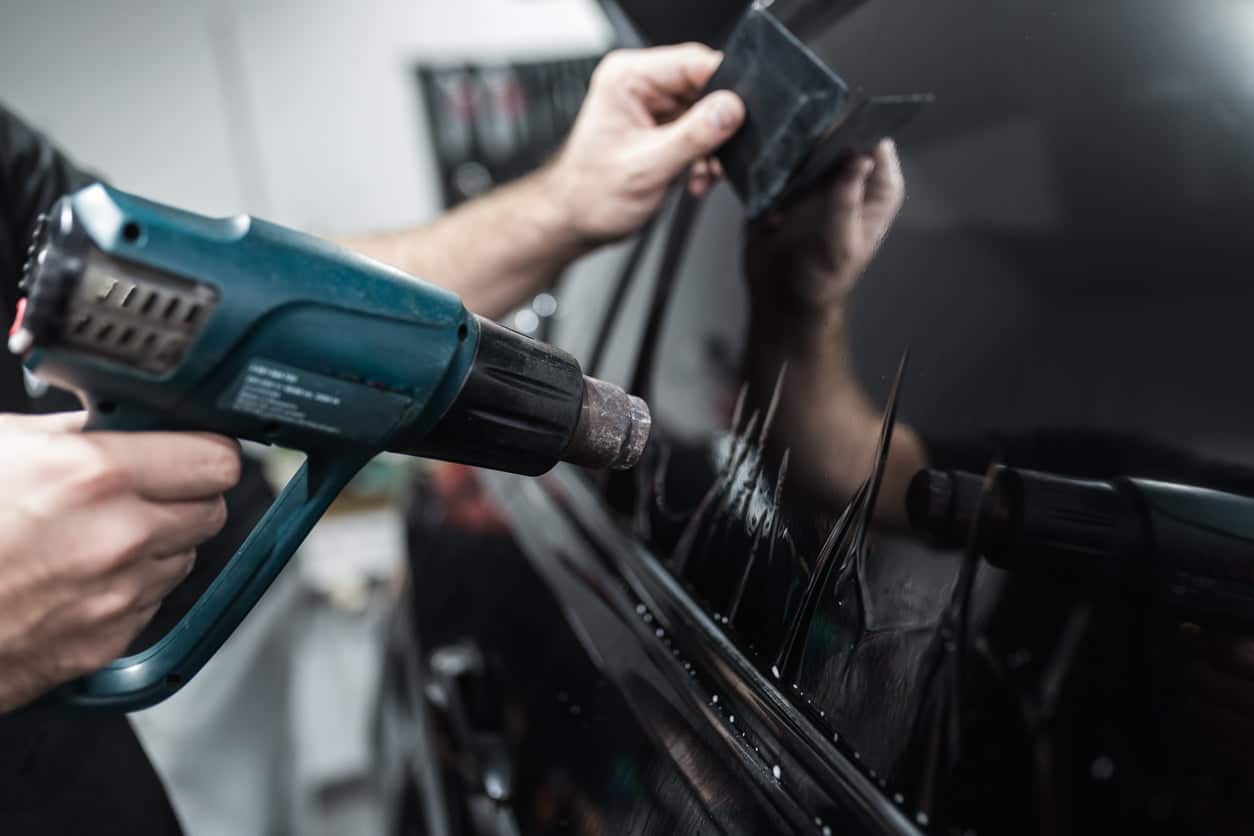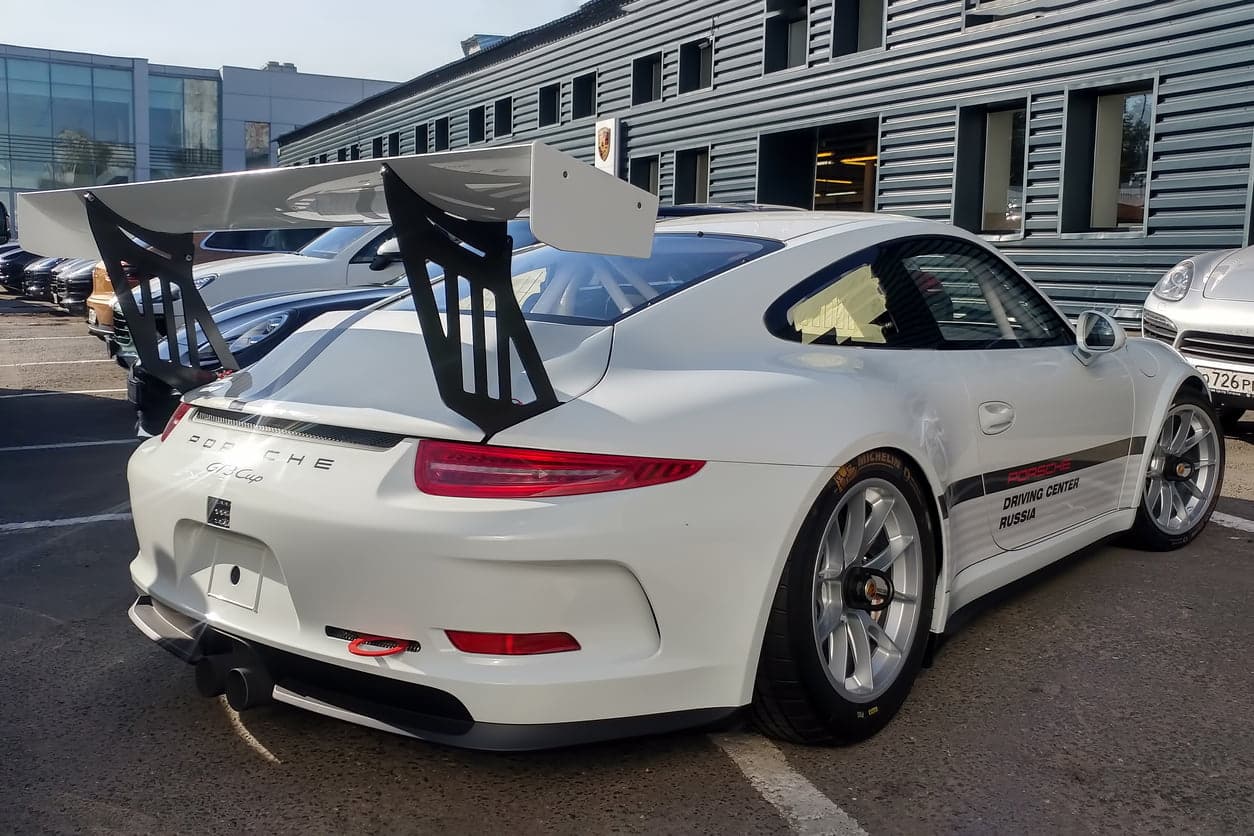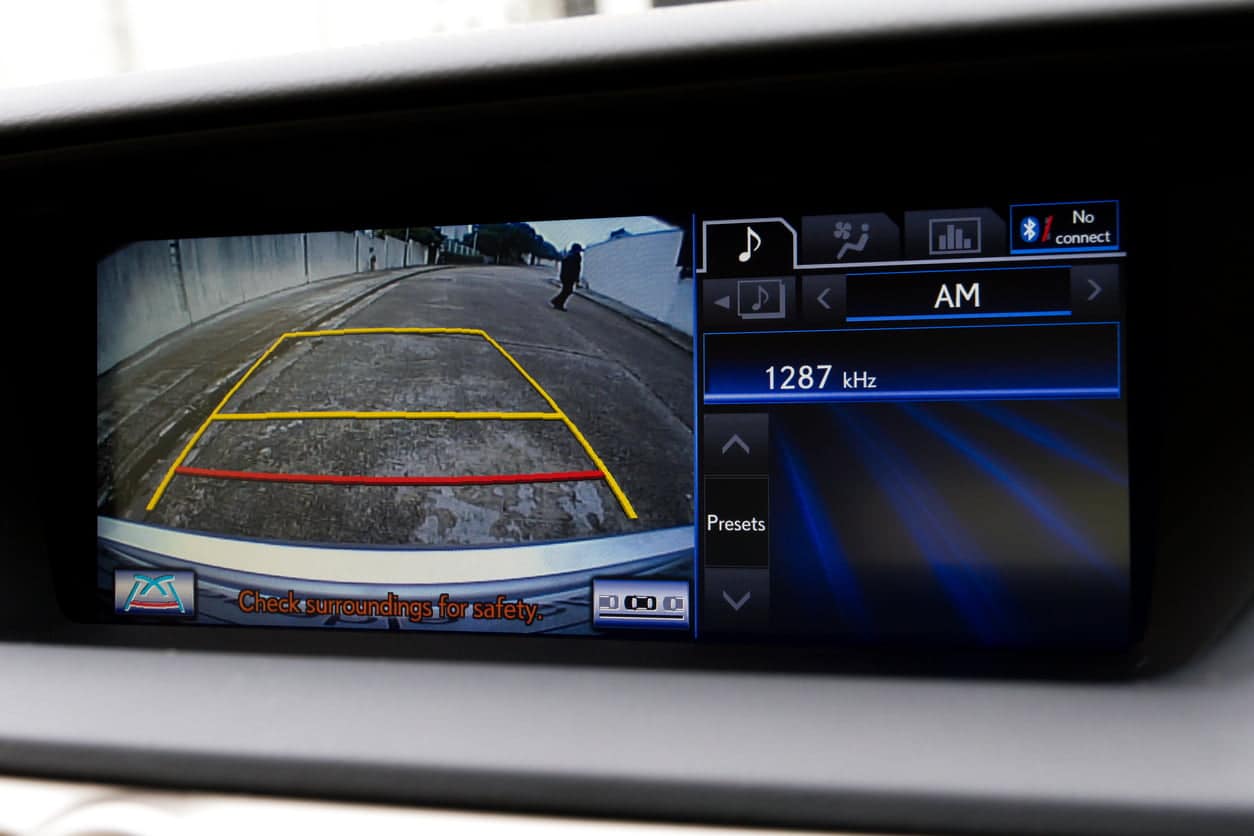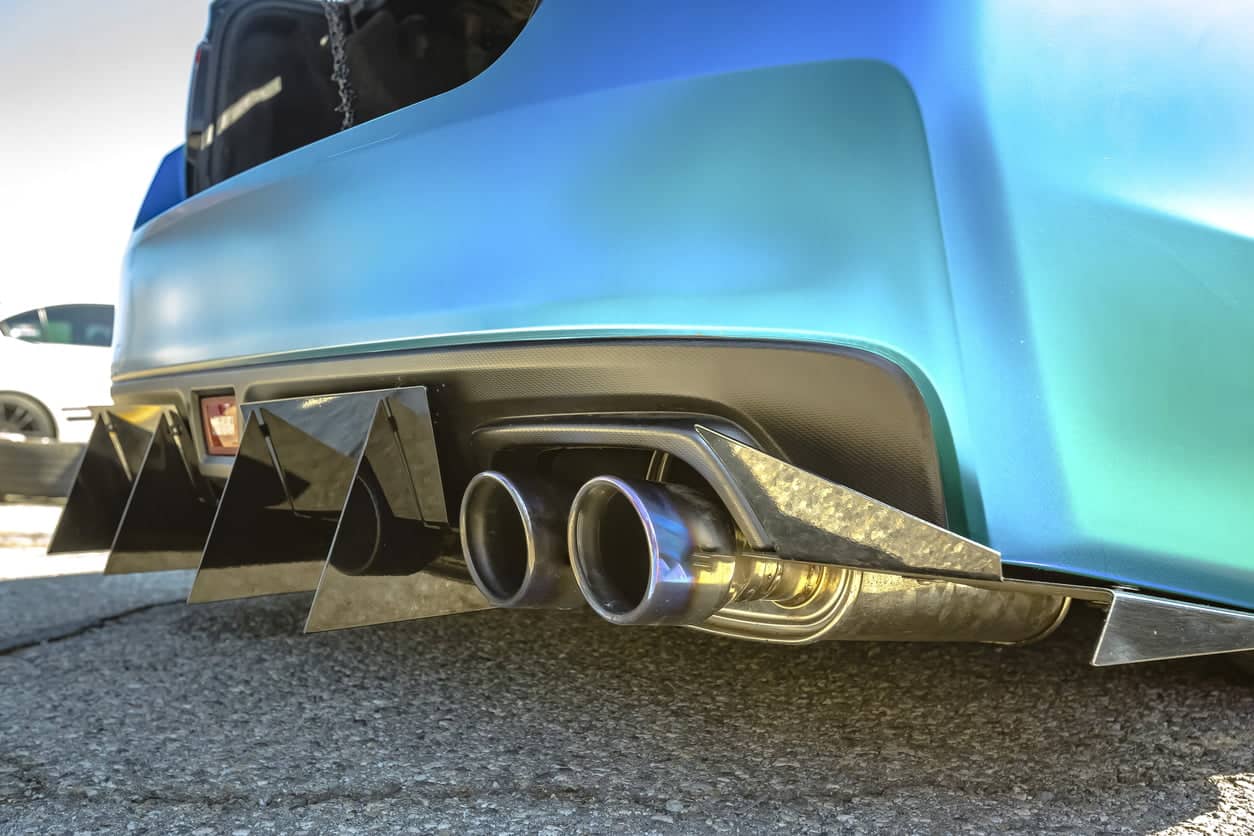Looking to modify your car with tinted windows, a new exhaust or bucket seats? Make sure you stay above the law with our guide on the modifications you can legally make to a car in the UK.
There are a lot of rules around customising cars, and the police are more likely to stop vehicles that are modified. That means any work carried out needs to be legal and above board to avoid fines and penalties.
Follow our guide below to modify your car without breaking the law.
Quick Links
- What Are Car Modifications?
- Which Car Modifications are Legal?
- Does Customising a Car Affect Insurance?
- Can You Legally Modify a Car Bought on Finance?
What Are Car Modifications?
Modifications are any changes which affect the original condition of a car. Most people who customise their cars do it for aesthetic reasons, but there are other modifications which are designed to improve performance and handling.
Customising a car has a lot of grey areas, so you need to be careful that the changes you make are legal. Also, if you’re buying a used car it can be tricky to spot some modifications, which is why you should learn as much as you can about the car’s history; certain changes can invalidate the insurance or lead to mechanical issues later on.
Which Car Modifications are Legal?
There are a lot of rules governing the changes you can legally make to a car, so it’s worth knowing what’s allowed and not before you start making changes. Here, we offer a list of common car modifications and discuss whether they’re legal or not.

Lowered Suspension
Lowering the suspension is legal, so you won’t be breaking the law if it’s done properly. However, there are things to consider before making your car sit closer to the ground:
- Reduced ground clearance – Speed bumps, potholes and humps in the road will become an issue if you lower the suspension; think twice if you have to deal with a lot of these in your area.
- MOT safety – If changes to the suspension aren’t carried out by a competent mechanic, your car could fail its MOT. Always make sure the work is done by a professional, or at least have them give it a once over.
- Added police attention – Any car modification is going to attract attention from the police, including lowering the suspension. That’s why it’s so important that any changes are done properly and above board.
- Steering and handling changes – Dropping the suspension will affect how the car handles, so you might need to adjust your driving style to stay safe.
Tinted Windows
Tinted windows are without doubt one of the most popular car modifications, and it’s perfectly legal to add them. A lot of premium cars have them by default, so they can be a nice addition – provided they aren’t too dark or added to the wrong windows.
While no restrictions apply to tinting the rear windows and rear windscreen, there are restrictions on the type of tints you can legally add to the front windows and windscreen. The law states that a minimum of 70% light must be able to get through the front windows, rising to 75% for the windscreen. This is to maintain complete visibility and ensure your view isn’t obscured.
When buying window tints for your car, make sure they’re from a reputable retailer and are legal for the type of window. This guide on how to tint your windows provides practical tips on applying them to your car.

Big Exhausts
A big bore exhaust is the go-to car mod for boy racers looking to update their car. They’re designed to make the car louder, so it sounds like it has a high-performance engine. Most aftermarket exhausts aren’t legal because they’re too noisy and don’t adhere to emissions regulations, so be careful before you buy.
The police will almost certainly take an interest if a car sounds noisier than it should, or is letting off an excessive amount of smoke. Drivers with an illegal exhaust will receive an on-the-spot fine of £50 and an official order to remove it; if they don’t comply, the penalties can be much greater.
Sound Systems and Subwoofers
Films like The Fast and the Furious have inspired a lot of young drivers to add over-the-top sound systems to their cars, with some subwoofers and equipment big enough to fill an entire boot space. But while it’s not illegal to add aftermarket sound systems to a car, you could run afoul of the law if someone complains that the loud music is causing a nuisance.
The police have the power to seize any vehicle that’s causing a public disturbance, even for noise-related complaints. So, if you want to add a serious sound system to your car, just make sure you’re not cranking up the volume in areas where it might attract unwanted attention.
Spoilers
Fitting a spoiler is another car modification favoured by boy racers. Large aftermarket spoilers are available for most types of cars, hatchback or otherwise, and are designed to give a sporty look whilst improving the car’s handling and performance.
Again, it isn’t strictly illegal to add a spoiler to your car, but there are certain conditions you’ll need to meet to avoid being pulled over. The spoiler needs to be securely fastened to the car, with no sharp or dangerous edges exposed. It shouldn’t obscure your view either, and the police have the right to order your to a remove a spoiler if they deem it dangerous.

Neon Lights
Serious car modifiers might be tempted to add neon lights to their car’s undercarriage, but doing so could land them in hot water. Most neon lights are illegal on UK roads, but there are some circumstances where you can get away with it.
It is legal to add neon lights to the bottom of a car provided they’re only used while parked (say at a car show or event). However, the neon tubing must not be visible, so a professional fitting is best to stay within the law.
In normal driving conditions, however, neon lights aren’t legal. So, if you’re intent on adding them, only use them when parked.
Does Customising a Car Affect Insurance?
Any modifications made to a car affect the cost of insuring it, which is something to consider before you make any changes. Everything from window tints to sports seats will affect the price you pay, and insurers will want to know about even the smallest changes.
If you customise your car, it can be tempting to keep this from your insurer to avoid paying extra. Don’t. Failing to inform an insurer of modifications can invalidate your premium, leaving you in a very sticky situation if you need to make a claim or someone files a claim against you.
However, not all modifications cause premiums to rise, and some can even bring the total cost down. Adding technology like immobilisers, smart water and parking sensors can result in a reduced premium, particularly if you opt for parts and accessories sourced from market-leading brands.

Can You Legally Modify a Car Bought on Finance?
8 out of 10 new cars are bought on finance, with a vast majority of these acquired through PCP contracts. But what does this mean for those who want to mod their cars? Is it legal and what should you consider before making changes?
There are a lot of grey areas when it comes to modifying cars bought on finance. In many cases, and particularly with a PCP contract, you don’t own the car, so making significant changes will put you in breach of your contract.
Think of modifying a finance car like making major changes to a rental home; you’re going to be penalised when you return the keys because it’s not in the original condition. In some cases, finance companies may even seek to reacquire the car early if the modifications have altered the retail price too much in either direction (reduced or increased the resale value).
However, in some circumstances, it is possible to modify a car bought on finance. Provided you get written permission from the finance provider, changes can be made, but not beyond those permitted by the finance company.
Boy racer or not, Simoniz can help you take care of your car with our range of car maintenance products, including high-quality wash, wax and polishing tools. For more information, visit our homepage.
